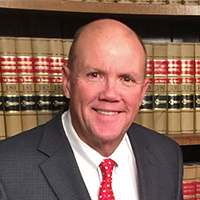 Jack DUI-DWI Lawyers, Alabama
Jack DUI-DWI Lawyers, Alabama
Sponsored Law Firm
-
 x
x

Click For More Info:
-
Keches Law Group
122 Dean Street Taunton, MA 02780» view mapSocial Security, Personal Injury, Workers Comp. Protecting Your Rights
Our team of experienced personal injury attorneys has over 130 years of combined experience representing individuals and families injured due to the negligence of others.
800-713-8650
Not enough matches for Jack DUI-DWI lawyer.
Below are all Jack Criminal lawyers.
Sponsored Lawyers
1-1 of 1 matches
Divorce & Family Law, Criminal, Accident & Injury, Business, Estate
William Matthews, Jr. is a practicing lawyer in the state of Alabama specializing in Divorce & Family Law; Criminal; Accident & Injury; Bankruptcy & Debt; Estate. Mr. Matthews received his J.D. from the University of Alabama School of Law in 1981.
(more)


 Sean Flaherty Taunton, MA
Sean Flaherty Taunton, MA AboutKeches Law Group
AboutKeches Law Group Practice AreasExpertise
Practice AreasExpertise

